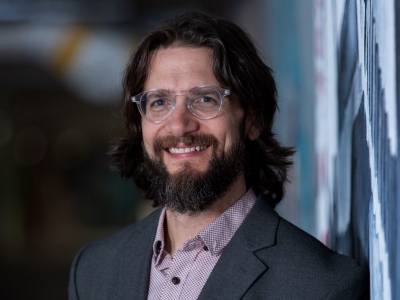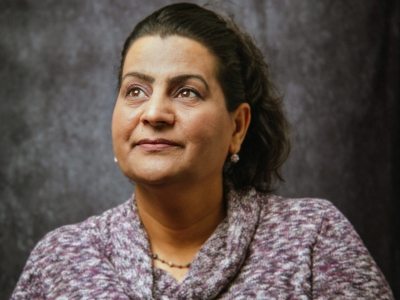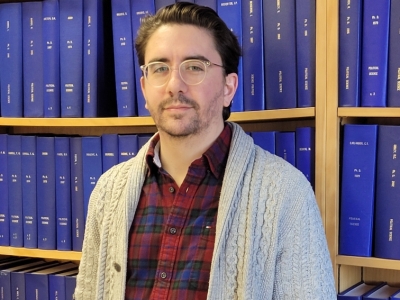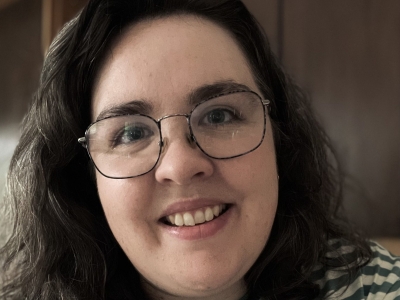Researchers in the Faculty of Public Affairs brought home a record seven Insight Grants in this year’s funding announcement from the Social Sciences and Humanities Research Council (SSHRC).
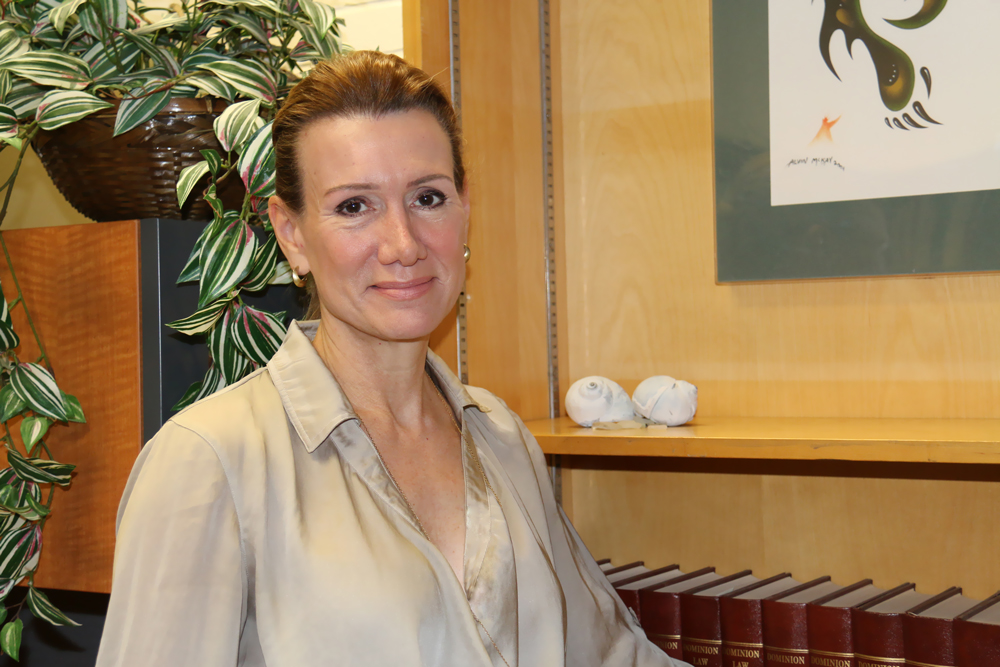
Elizabeth Jane Dickson, Department of Law and Legal Studies
“Meeting the Challenges of Gladue: An Inquiry into the Use of Social Context Information in Judicial Determination of Sentences for Indigenous Offenders in Canada”
In 1999, the Supreme Court of Canada upheld changes to the Canadian Criminal Code that were intended to reduce the over-incarceration of Indigenous people in Canadian prisons.
Known as the “Gladue requirements” after the case R v. Gladue, they required courts to consider “the unique background and circumstances of Aboriginal people” in sentencing. But the requirements have been criticized as ineffective, as the number of Indigenous people behind bars has continued to rise.
“Today, the number of Indigenous people in federal prison is roughly five-times their population in Canada generally,” wrote Professor Dickson in a description of her project. “One in every three federally-sentenced woman is Indigenous…and 41% of all youth in custody admissions are Indigenous.”
Professor Dickson won a SSHRC Insight Grant worth $185,823 for a project that will address the lack of research into whether the Gladue requirements reduced sentencing disparities and Indigenous over-incarceration.
“There is little Canadian or international research supporting this assumption,” wrote Dr. Dickson. She and her co-applicant, Law and Legal Studies Professor Sebastian Malette will ask how the Gladue requirements actually influence judicial decisions, and how the requirements are supported across Canada.
“The findings of this project promise to empower the scholarly, policy and Indigenous communities with greater understanding of the role and the impact of Gladue,” she explains.
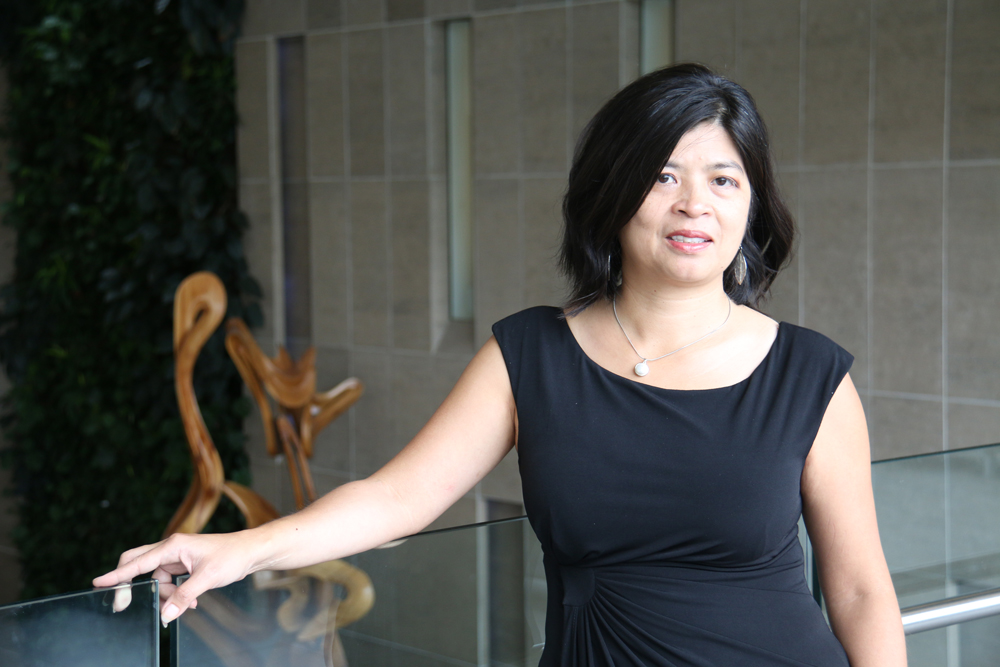
Communication Studies Professor Merlyna Lim.
Merlyna Lim, School of Journalism and Communication
“Cyber-urban Space, Social Media, and Contemporary Social Movements in Southeast Asia”
From the call for election reform in Malaysia to protests against extrajudicial killings in the Philippines, the use of social media has contributed to mass movements and the occupation of public spaces around the world.
Professor Lim’s research will consider the interplay between social media and physical spaces in social movements in Indonesia, Malaysia, and the Philippines.
“The project takes on spatial and historical analysis to offer an in-depth understanding of the relationship between social movements, social media and actions on the ground,” wrote Professor Lim, who holds a Canada Research Chair in Digital Media and Global Network Society. “Beyond academia, the project aspires to facilitate public discourse on social media activism in a manner that would empower marginalized communities.”
The project has been awarded $152,980 from SSHRC to support a multiple case study that will “fill a gap in the literature of the political implications of the internet and social media in the non-Western context, especially Southeast Asia.”
Profess Lim also received a Canada Foundation for Innovation grant to create the Alternative Global Network Media Lab (ALiGN), which provides a platform to help communities and groups engage with dominant narratives.
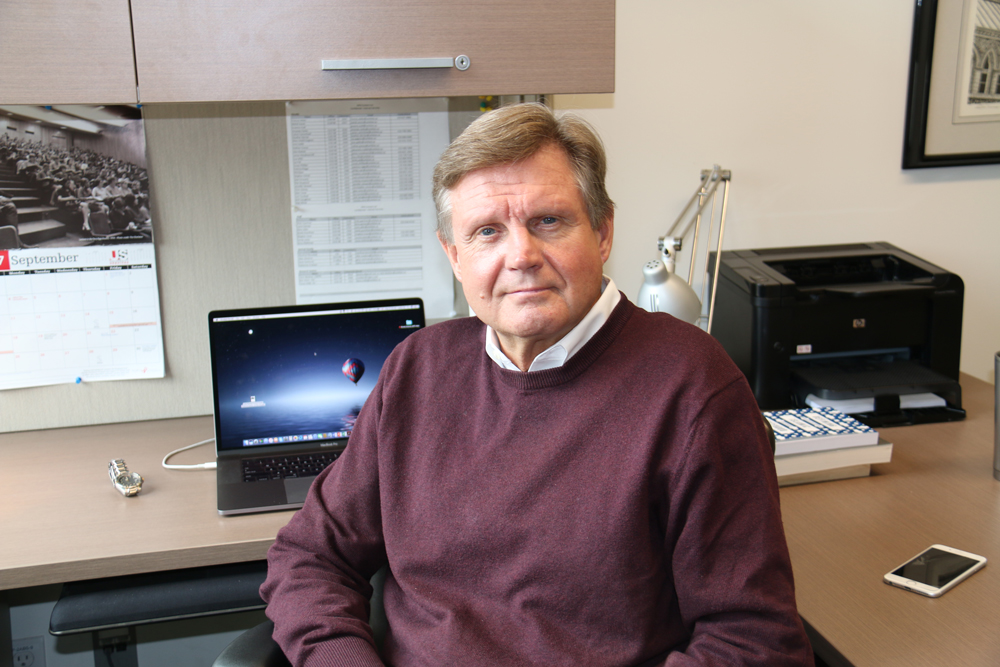
SPPA Professor Leslie Pal
Leslie Pal, School of Public Policy and Administration
“Global Policy Advisory Systems: Patterns, Trajectories and Impact”
As policy advisors became more prominent in the latter half of the 20th Century, the assumption was they were primarily domestic advisors. In contrast, Leslie Pal, a Professor in the School of Public Policy and Administration (SPPA), has charted the rise of policy ideas that are generated at a global level and become a resource for domestic policy makers.
“Policy ideas and models are increasingly generated…in international governmental organizations (IGOs) such as the Organization for Economic Cooperation and Development (OECD) or United Nations commissions,” wrote Professor Pal. “Almost every domestic policy field is wired into international law, resolutions, conventions, or agreements, and so domestic policy advice is almost always coloured by that global connection.”
Previous research failed to consider the connection of global policy advisory systems (GPAS) to domestic ones. Professor Pal’s work will address that gap by developing a comprehensive analytical database, detailed case studies, and analysis of GPAS linkages to domestic policy processes. He was awarded an Insight Grant worth $184,349 to pursue this research.
“This promises to change the way we think about policy advice, and possibly illuminate new skills and tolls needed by policy makers,” he writes. “It will also help re-conceptualize public administration as a set of practices that are increasingly integrated across global and domestic levels.”
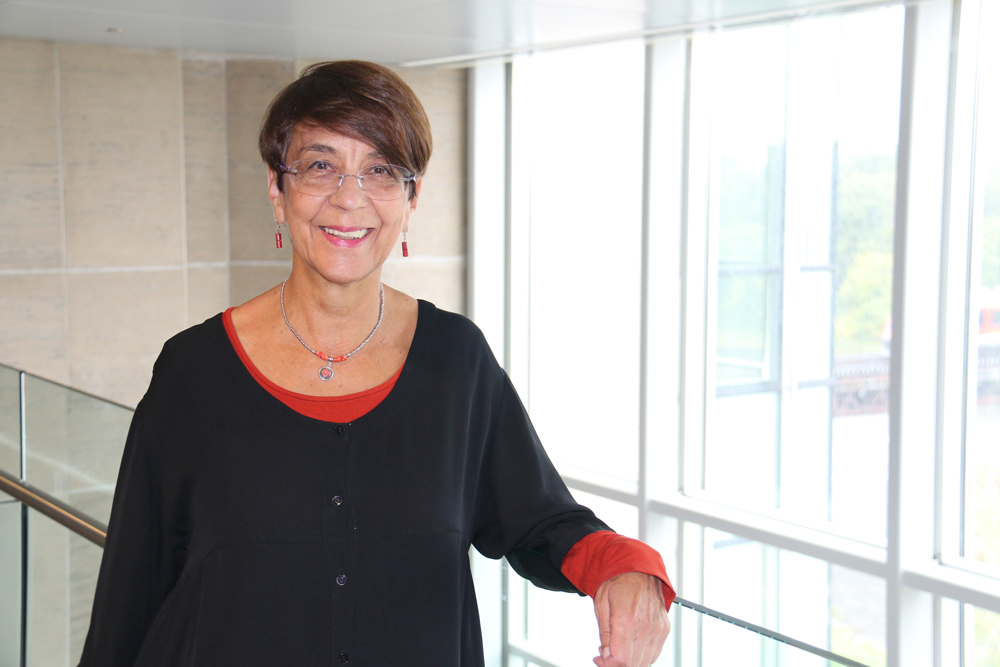
Professor Cristina Rojas, a Professor in the Department of Political Science and Director of the Institute of Political Economy.
Cristina Rojas, Department of Political Science and Institute of Political Economy
“Territory Making as World Making: a Participatory Comparison of Indigenous-state Conflicts in Bolivia and Paraguay”
In the 1980’s, 31 small Indigenous communities in the Bolivian lowlands created the Indigenous Federation of Eastern Bolivia (CIDOB) and marched on the capital, demanding territory. The government responded by establishing Communitarian Indigenous Land to provide a legal framework for land claims.
Their protest was one of a number launched in Bolivia and Paraguay in the 1980’s. As part of Professor Cristina Rojas’ research on Indigenous people in this region, she is asking, “to what extent does the process of making and implementing territorial claims foster or thwart the intent of making territory a space for reproducing Indigenous forms of existence?”
With the support of a $299,024 Insight Grant, Professor Rojas, of the Department of Political Science and the Institute of Political Economy, will be exploring the practice of “territory making as world making.” Her project will follow four different territorial claims to the state: two involve communities in the Bolivian highland and two are lowland communities in Bolivia and Paraguay.
“This research…will move away from a dualist to a relational ontology in which humans and nature interact,” wrote Professor Rojas. “Linking territoriality to the reproduction of life opens up alternative ways of organizing the economy and promotes a new understanding of relations between humans and nature. The project builds upon concepts such as ‘living well,’ ‘reciprocity’ and ‘life-centered economy.’”
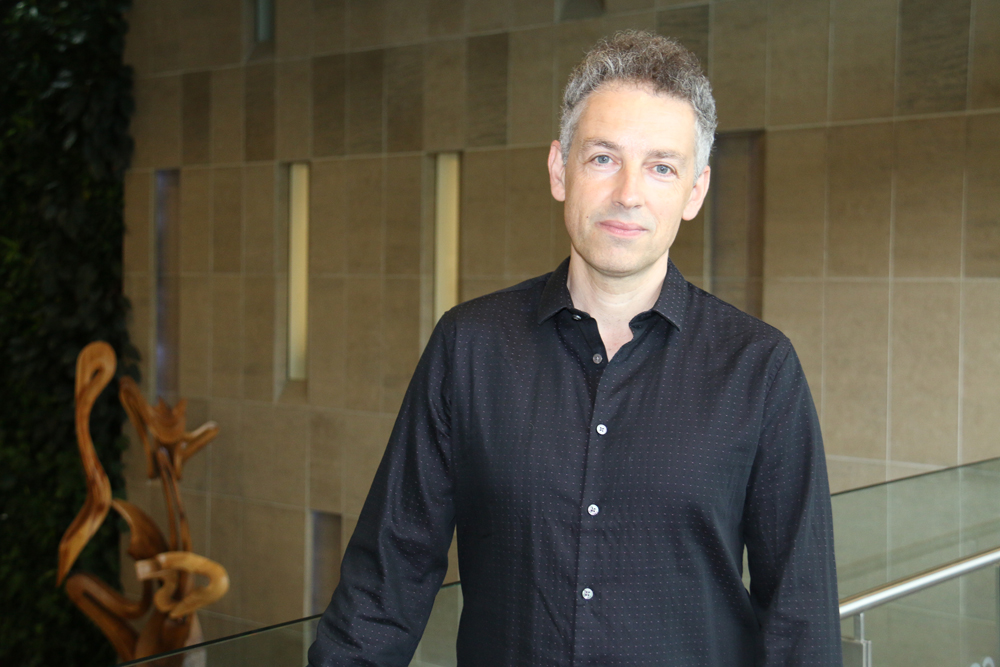
Political Science Professor William Walters
William Walters, Department of Political Science
“The Air Deportation of Illegalized Migrants: Routes, Practices, Contestation”
Deportation is a commonly used tool to force illegalized migrants out of a country. But there has been virtually no study of the infrastructure that supports the physical removal of migrants using ports, routes, hubs, vehicles and agencies.
“These journeys involve the deprivation of liberty and sometimes violence at the hands of security personnel,” wrote Political Science Professor William Walters, who was awarded a $206,898 Insight Grant. “The infrastructure of removal has become a space of struggle between deportees and enforcement authorities.”
Professor Walters’ research will focus specifically on air deportation, which is the primary method used by countries in the global North, and particularly the EU. He will be working with an interdisciplinary team with expertise in the political sociology, geography and anthropology of migration, particularly in Britain, France and Germany.
“[This project] will generate rich knowledge about a whole domain of activity that is suffused with power relations yet highly opaque,” he wrote. “To date, deportation lanes have flown under the radar of scholars and publics. With this project, we seek to make them traceable.”
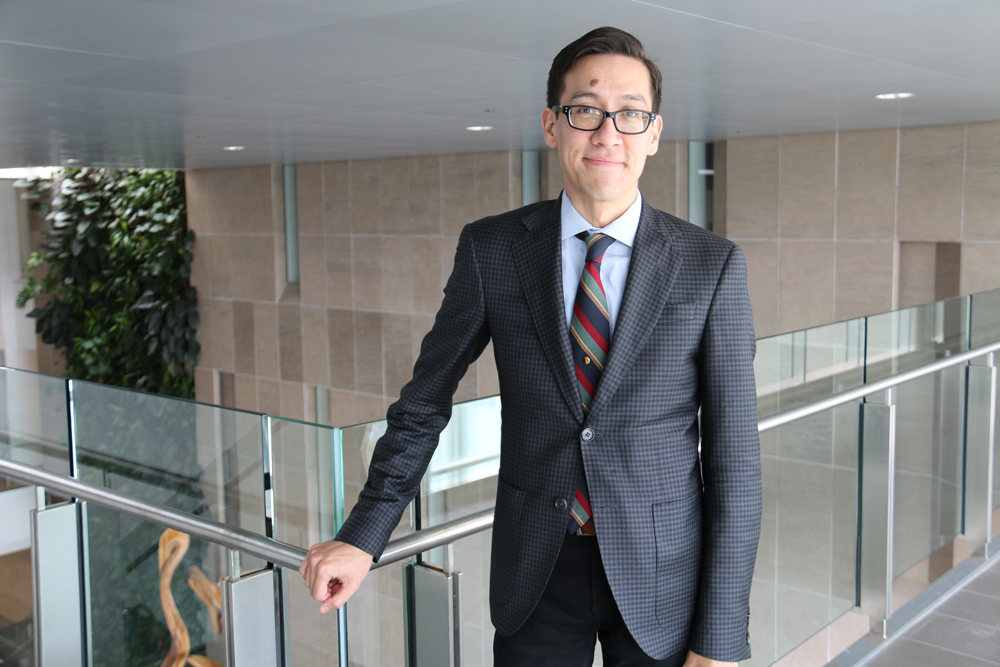
Communication Studies Professor Benjamin Woo
Benjamin Woo, School of Journalism and Communication
“Comic-Cons: An Emerging Urban Media Industry”
Comic conventions, known as “comic-cons”, and related events have become wildly popular as a meeting place for fan communities. They also act as “mobile industry clusters,” according to Benjamin Woo, an Assistant Professor of Communication and Media Studies in the School of Journalism and Communication.
“Corporations and creatives alike are seeking to respond to the disaggregation of media audiences and channels by cultivating dedicated fanbases, with conventions and festivals playing a crucial mediating role in this process,” says Professor Woo, who studies geek media culture. “But previous research on these events typically understands them as either organic expressions of fan communities or part of media companies’ promotional apparatus, and not as a media industry in its own right.”
Professor Woo has the support of a $144,558 SSHRC Partnership Development Grant as well as significant contributions from his partners, including Ryerson University, the University of Calgary, the Ottawa Geek Market and the Toronto Comic Arts Festival to study the role comic-cons play in the creative economy and the cultural life of cities. The project will document the economic impacts of these festivals, develop best practices for conventions and festivals, and produce an organizational ethnography of contemporary convention organizing.
Wednesday, November 15, 2017 in Communication and Media Studies, Department of Law and Legal Studies, News, Policy, School of Public Policy and Administration
Share: Twitter, Facebook
